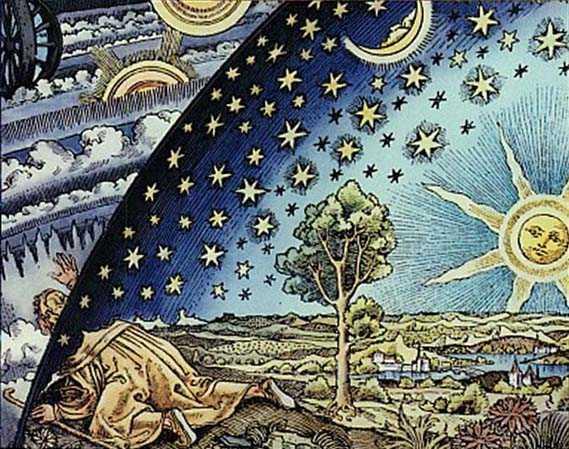What Is a Paradigm Shift?
Curated from: thoughtco.com
Ideas, facts & insights covering these topics:
5 ideas
·5.83K reads
23
Explore the World's Best Ideas
Join today and uncover 100+ curated journeys from 50+ topics. Unlock access to our mobile app with extensive features.
Paradigm Theory
A Paradigm theory is a general theory that provides a broad theoretical framework or "conceptual scheme." It offers underlying assumptions, key concepts, and methodology to scientists working in a particular field. It gives their research its general direction and goals.
Examples of paradigm theories include Copernicus' heliocentric astronomy (with the sun at the center), Isaac Newton's theory of gravity, Albert Einstein's theory of relativity, germ theory in medicine, gene theory in biology.
248
1.92K reads
When A Paradigm Shifts
A paradigm shift occurs when one paradigm theory is replaced by another:
- Ptolemy's astronomy giving way to Copernican astronomy.
- Newtonian physics (time and space are the same everywhere for everyone) replaced by Einsteinian physics. (time and space are relative to the observer's frame of reference.)
223
1.27K reads
Thomas Kuhn and Why Paradigms Shift
The term "paradigm shift" was coined by the American philosopher Thomas Kuhn (1922-1996). He argued that science couldn't advance until most people working within a field agree upon a paradigm. Before the agreement, collaboration and teamwork are restricted.
Once a paradigm theory is established, those working within it can start doing normal science. But now and then, normal science reveals anomalies that can't be explained within the dominant paradigm. When the inexplicable results start piling up, it eventually leads to a "crisis."
215
957 reads
Changes That Occur During a Paradigm Shift
Thomas Kuhn argues that reality cannot be described independently of the conceptual schemes through which we observe it. Paradigm theories explain our conceptual systems.
When a paradigm shift occurs, the theoretical opinions of scientists working in the field changes.
196
830 reads
Critics of Thomas Kuhn
Kuhn's claim related to paradigm shifts is very controversial.
His critics argue that this "non-realist" approach leads to a sort of relativism, and concludes that scientific progress has nothing to do with getting closer to the truth. Kuhn states he still believes in scientific progress since later theories are usually better than earlier theories.
186
843 reads
IDEAS CURATED BY
George I.'s ideas are part of this journey:
Learn more about problemsolving with this collection
How to write an effective resume
How to network and make connections
How to prepare for a job interview
Related collections
Similar ideas
3 ideas
7 ideas
What is Science - Wikipedia
en.wikipedia.org
5 ideas
The Difference Between a Hypothesis, Theory, and Law
thoughtco.com
Read & Learn
20x Faster
without
deepstash
with
deepstash
with
deepstash
Personalized microlearning
—
100+ Learning Journeys
—
Access to 200,000+ ideas
—
Access to the mobile app
—
Unlimited idea saving
—
—
Unlimited history
—
—
Unlimited listening to ideas
—
—
Downloading & offline access
—
—
Supercharge your mind with one idea per day
Enter your email and spend 1 minute every day to learn something new.
I agree to receive email updates

